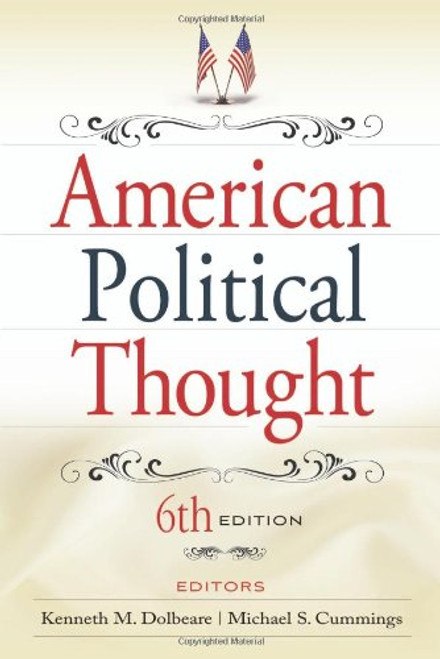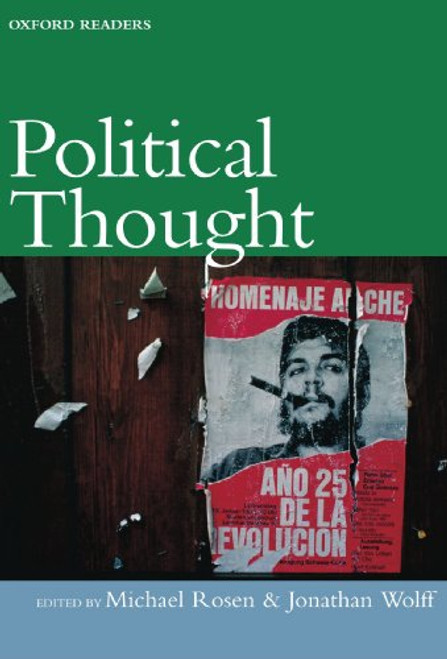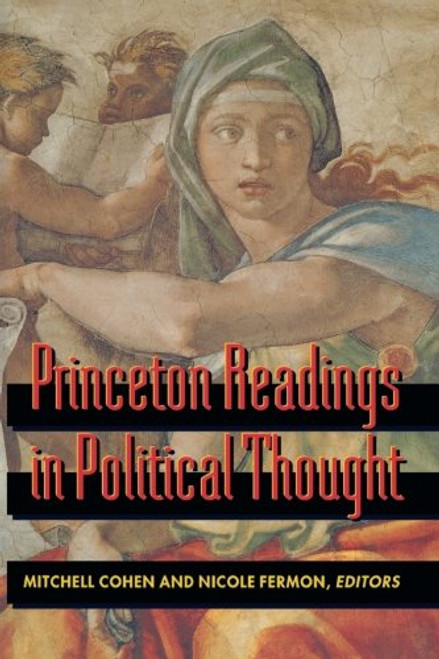In the wake of a precedent-setting presidential election and in the midst of a deepening economic recession, Dolbeare and Cummings challenge readers to examine and understand their own political beliefs in historical context. Just as the 2008 elections brought race, gender, and age to the fore, the U.S. government's response to the Wall Street collapse highlights class issues and suddenly makes socialism relevant again.
Dolbeare and Cummings ask readers to examine how the world today fits with the basic ideals of life, liberty, and the pursuit of happiness, as well as with the accepted tenets of private and free enterprise, the rule of law, institutional checks and balances, and the people s right to revolt against oppression. Rooted firmly in the economic conditions of each era, the editors commentary highlights issues of class and the clash of economic interests, while utilizing three organizing themes to help readers understand the readings:
- the social and historical foundations of American political thought,
- the key transformations in American political thought and practice, and
- the individual and collective political identity of Americans.
Each reading helps readers examine and understand their own political beliefs in historical context. In addition to adding a few key contributions from earlier times, the editors look purposefully toward contemporary thought, selecting readings that reflect on renewed citizen engagement, political change, and the impact of economic crisis on our notions of globalization. Are we seeing the disintegration of the conservative alliance? Can progressive change happen in a bipartisan or non-partisan fashion? Linking the transformations we are now witnessing to the ideas of the founders in a completely new Part 7, students can see the relevance that words written more than 200 years ago have for today s political world.







